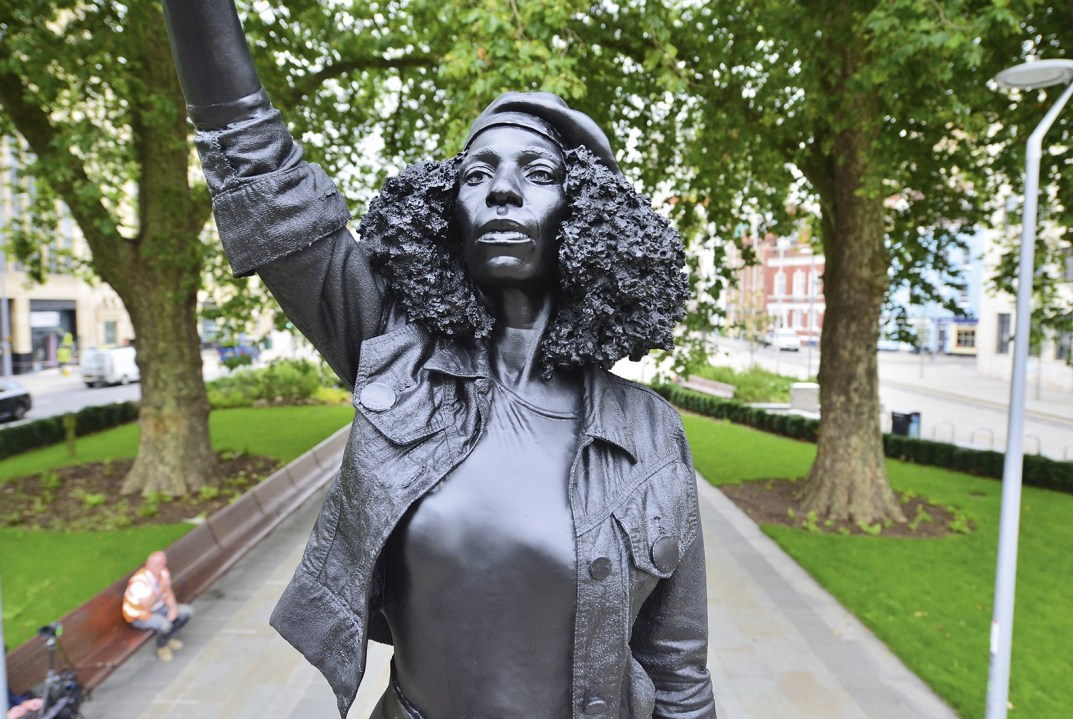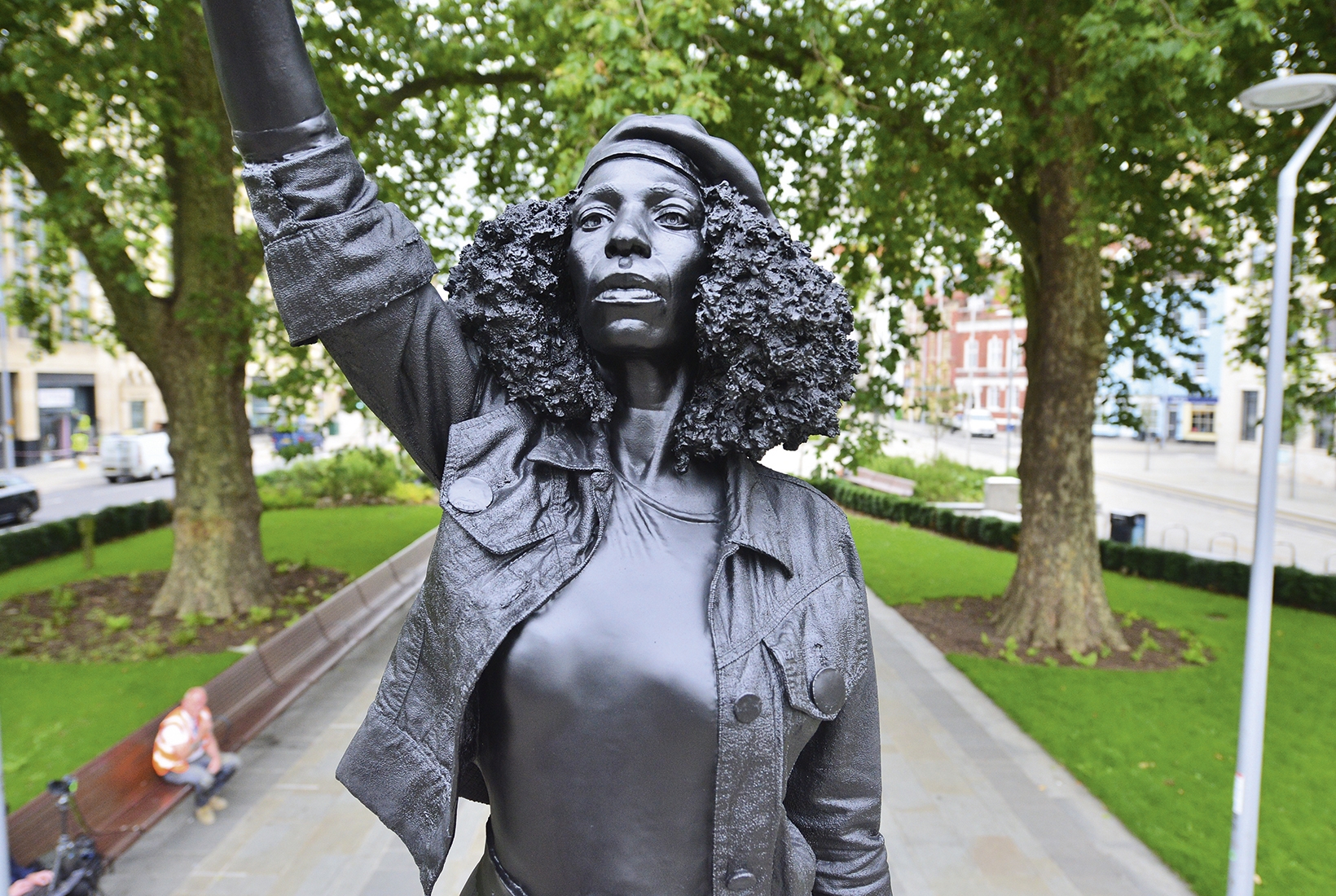How many black friends do you have? Do you have any? It’s likely that black people have more white friends than the reverse. In part that’s surely down to demographics and the size of the population. No matter your colour, you’re ten times more likely to bump into a white person than a black person, more or less, depending on where you find yourself, of course.
The situation is not so pronounced as in the United States where residential segregation has reinforced social apartheid. In the UK black and white people may live cheek-by-jowl, but that doesn’t necessarily indicate knowledge or even empathy.
Out of just over 100 households on our street in Brighton there are three black families; ours is one of them. It’s a pleasant avenue with polite residents, but I was pulled up sharp last month when passing a house just a few doors down. Displayed in the front window were hand-drawn posters with the words ‘Black Lives Matter’ and ‘Silence is Violence’. In more than a decade I’d rarely had a conversation with the adult children who now proclaimed their allegiance with folks with my phenotype; a month later we still haven’t spoken, and I am aware that I, too, bear a responsibility for that silence. Might it not simply be that we don’t have much in common?
Nonetheless, this seems a seminal moment in British culture. It’s as if the cards you might have spotted in landlords’ windows just 60 years ago warning ‘No Blacks, No Irish, No Dogs’ have been replaced by or morphed into posters signalling a spiritual unity with black bredren and sistren. But how far does it go? What are the limits of the engagement?
Some black Britons and African Americans are wary — vexed even — that their suffering risks becoming a fashion or an intellectual exercise, adopted by Johnny-come-latelys whose previous unconcern has undergone a transformation and who suddenly find a deep untapped well of empathy.








Comments
Join the debate for just £1 a month
Be part of the conversation with other Spectator readers by getting your first three months for £3.
UNLOCK ACCESS Just £1 a monthAlready a subscriber? Log in